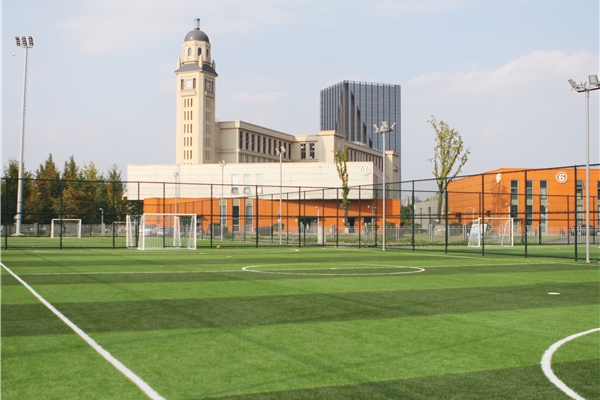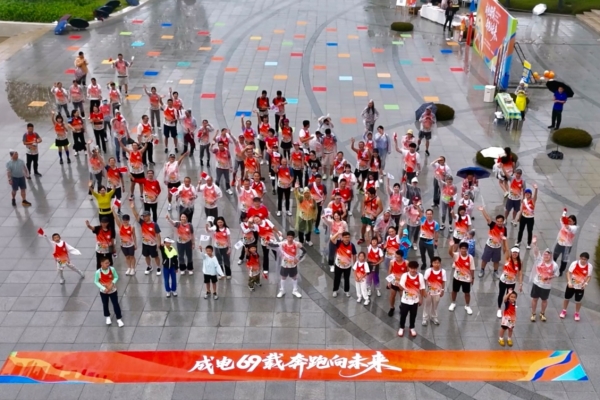即可将网页分享至朋友圈
教师发展中心“学者论坛”活动特别邀请新加坡国立大学YAN Jie教授来校交流,具体安排如下,欢迎广大师生参加。
一、主 题:Force-dependent interactions of biomolecules
二、主讲人:新加坡国立大学 YAN Jie 教授
三、时 间:2023年12月19日(周二)上午10:30
四、地 点:清水河校区六号科研楼B214会议室
五、主持人:基础与前沿研究院 赵坤 教授
六、主讲人简介
Dr. Yan Jie is a single-molecule biophysicist. He obtained his PhD from the University of Illinois at Chicago in 2005. He is currently a Full Professor in the department of physics and a Principal Investigator in the Mechanobiology Institute at the National University of Singapore, where he leads research in single-molecule studies of the micromechanics of DNA and proteins. His ultimate goal is to understand how force-bearing proteins in cells are able to sense and respond to mechanical forces, and how they can be targeted through pharmaceutical means. He has been recognized for his contributions to the field, being elected as a Fellow of the American Physical Society and a Singapore NRF Investigator, and has published over 130 papers and received two patents.
七、内容简介
Cells sense (mechanosensing) and react (mechanotransduction) to mechanical signals in their environment, which is crucial for many basic cellular functions. This mechanosensing relies on the formation of tension-transmission linkages made of non-covalently connected proteins. Cells detect dynamic tensile forces through these linkages. Protein domains and their interfaces undergo changes due to intracellular tensile forces, leading to complex connectivity of the linkages, domain alterations, and interactions among proteins in the linkage and signaling proteins in the cytosol. In my talk, I will outline the biophysical principles of force-dependent biomolecule interactions and delve into how these tension-transmission linkages could serve as a novel class of drug target.
八、主办单位:教师发展中心
承办单位:基础与前沿研究院
编辑:李果 / 审核:李果 / 发布:陈伟


